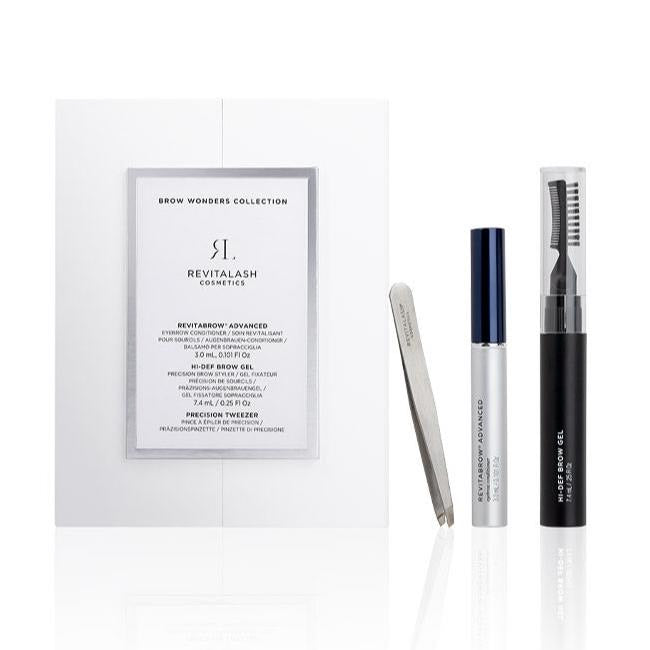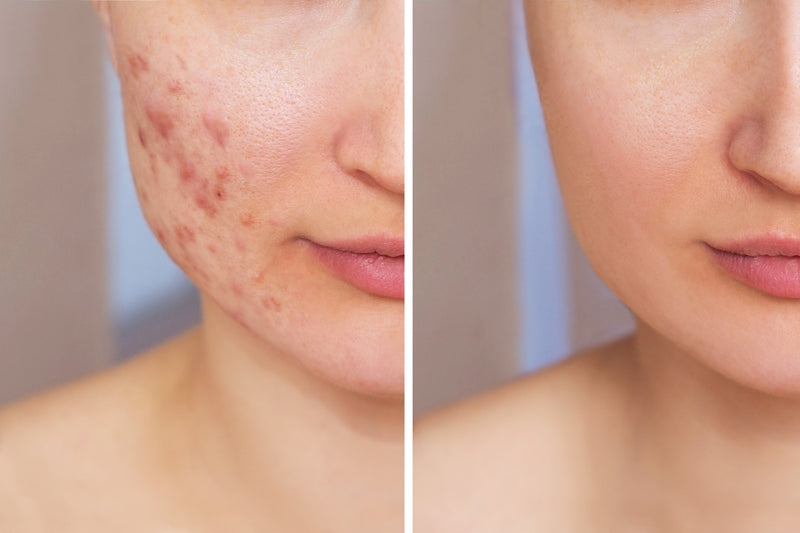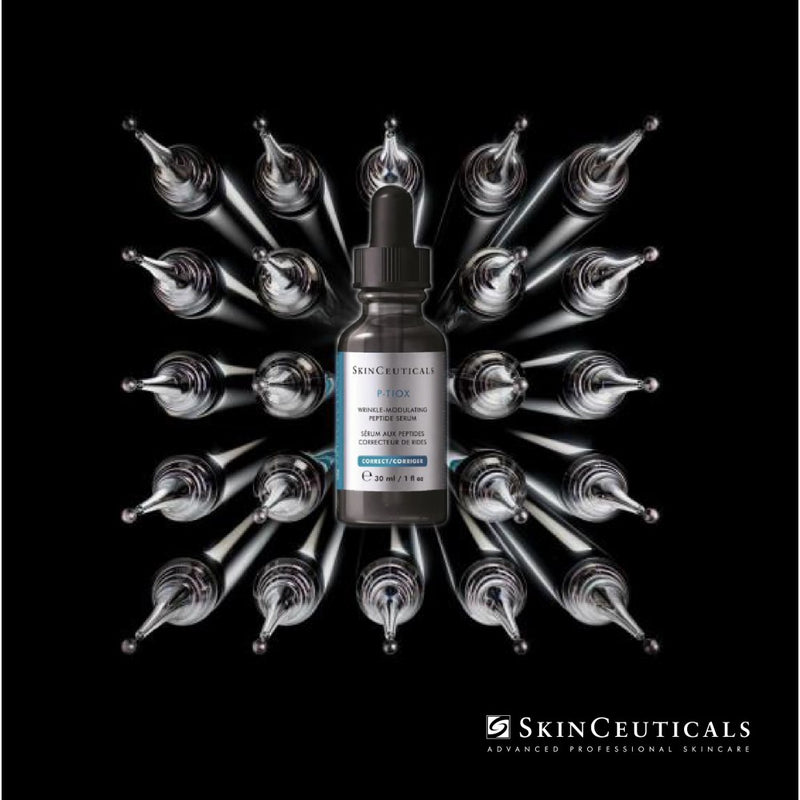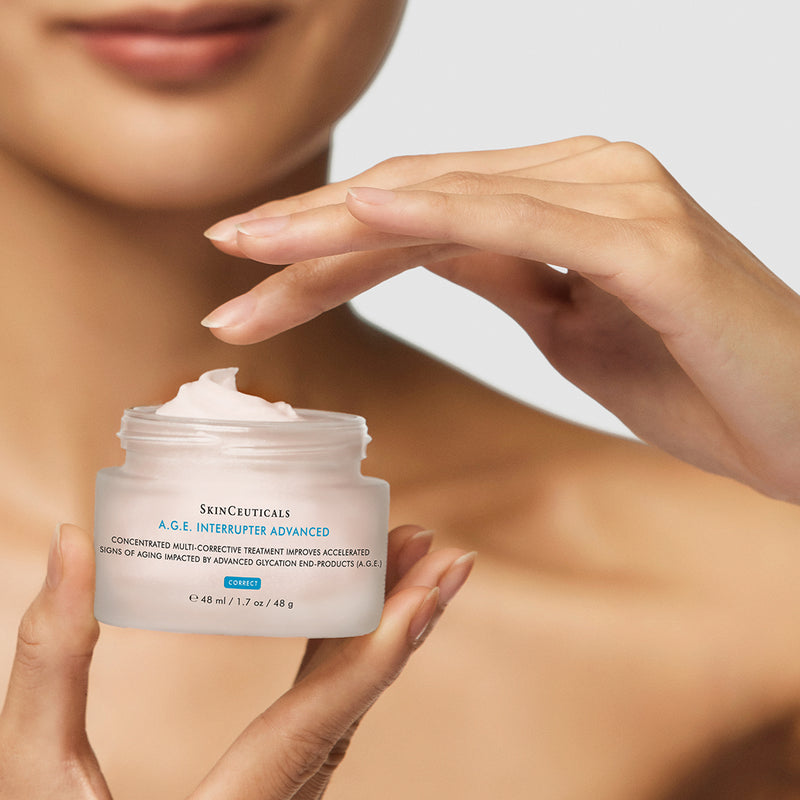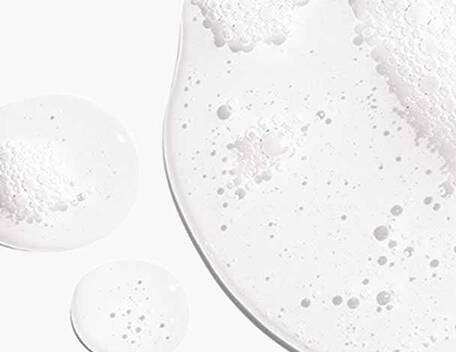Phytochemicals are compounds that are produced by plants ("Phyto" means "plant"). They are found in fruits, vegetables, grains, beans, and other plants. Some of these phytochemicals are believed to protect cells from damage that could lead to cancer.
Some scientists think that you could reduce your cancer risk by as much as 40% by eating more vegetables, fruits, and other plant foods that have certain phytochemicals in them.
Research has shown that some phytochemicals may:
- help stop the formation of potential cancer-causing substances (carcinogens)
- help stop carcinogens from attacking cells
- help cells stop and wipe out any cancer-like changes
Some of the most beneficial phytochemicals are:
- beta carotene and other carotenoids in fruits and vegetables
- resveratrol in red wine
- polyphenols in tea
- isothiocyanates in cruciferous vegetables (members of the cabbage family that include bok choy, collards, broccoli, brussels sprouts, kohlrabi, kale, mustard greens, turnip greens, and cauliflower)
Because these phytochemicals are in the fruits, vegetables, beans, and grains you eat, it's easy to include them in your diet. A carrot, for example, has more than 100 phytochemicals. Nutrition researchers estimate that more than 4,000 phytochemicals have been identified, but only about 150 have been studied. More research is needed to find out which phytochemicals may offer benefits in reducing the risk of cancer.
Keep in mind that there is no evidence that taking phytochemical supplements is as good for you as eating the whole fruits, vegetables, beans, and grains that contain them. Most experts strongly believe that it's the combination of these compounds and the other foods you eat that keeps your body healthy. Loading up on one or two phytochemicals in pill form probably won't be as beneficial as eating a balanced diet with a variety of foods that includes 5 or more cups of fruits and vegetables per day and food from other plant sources, such as whole-grain breads, cereals, nuts, seeds, rice and pasta, and beans.
There are several main groups of health-promoting phytochemicals.
Flavonoids are found in lots of grains, vegetables, and fruits. The flavonoids in soybeans, chickpeas, and liquorice may act a little bit like oestrogen, a hormone that might affect the risk of breast cancer that depends on estrogen for its growth.
The oestrogen-like compounds in these plants are called phytoestrogens. But most phytoestrogens have very weak oestrogen-like activity. When a weak oestrogen-like substance replaces your body's natural oestrogen’s position, then the weak substance can act as a relative anti-oestrogen. By acting in this way, phytoestrogens might help work against breast cancer that depends on oestrogen for its growth. But phytoestrogens are present in only small amounts in these foods. Learn more about the phytoestrogens in soy foods on the Soy page.
Researchers are studying flavonoids to see if they can reduce the risk of certain types of cancers and heart disease.
Antioxidants protect your body's cells from free radicals — unstable molecules created during normal cell functions. Pollution, radiation, cigarette smoke, and herbicides also can create free radicals in your body. Free radicals can damage a cell's genetic parts and may trigger the cell to grow out of control. These changes may contribute to the development of cancer and other diseases.
Antioxidants are found in broccoli, brussels sprouts, cabbage, cauliflower, tomatoes, corn, carrots, mangos, sweet potatoes, soybeans, cantaloupe, oranges, spinach, nuts, lettuce, celery, liver, fish oil, seeds, grains, kale, beets, red peppers, potatoes, blueberries, strawberries, and black and green tea. As a rule, dark-coloured fruits and vegetables have more antioxidants than other fruits and vegetables.
Carotenoids, which give carrots, yams, cantaloupe, squash, and apricots their orange colour, may help reduce the risk of cancer.
Anthocyanins, which give grapes, blueberries, cranberries, and raspberries their dark colour, have been shown in the laboratory to have anti-inflammatory and anti-tumour properties.
Sulphides, found in garlic and onions, may strengthen the immune system.



